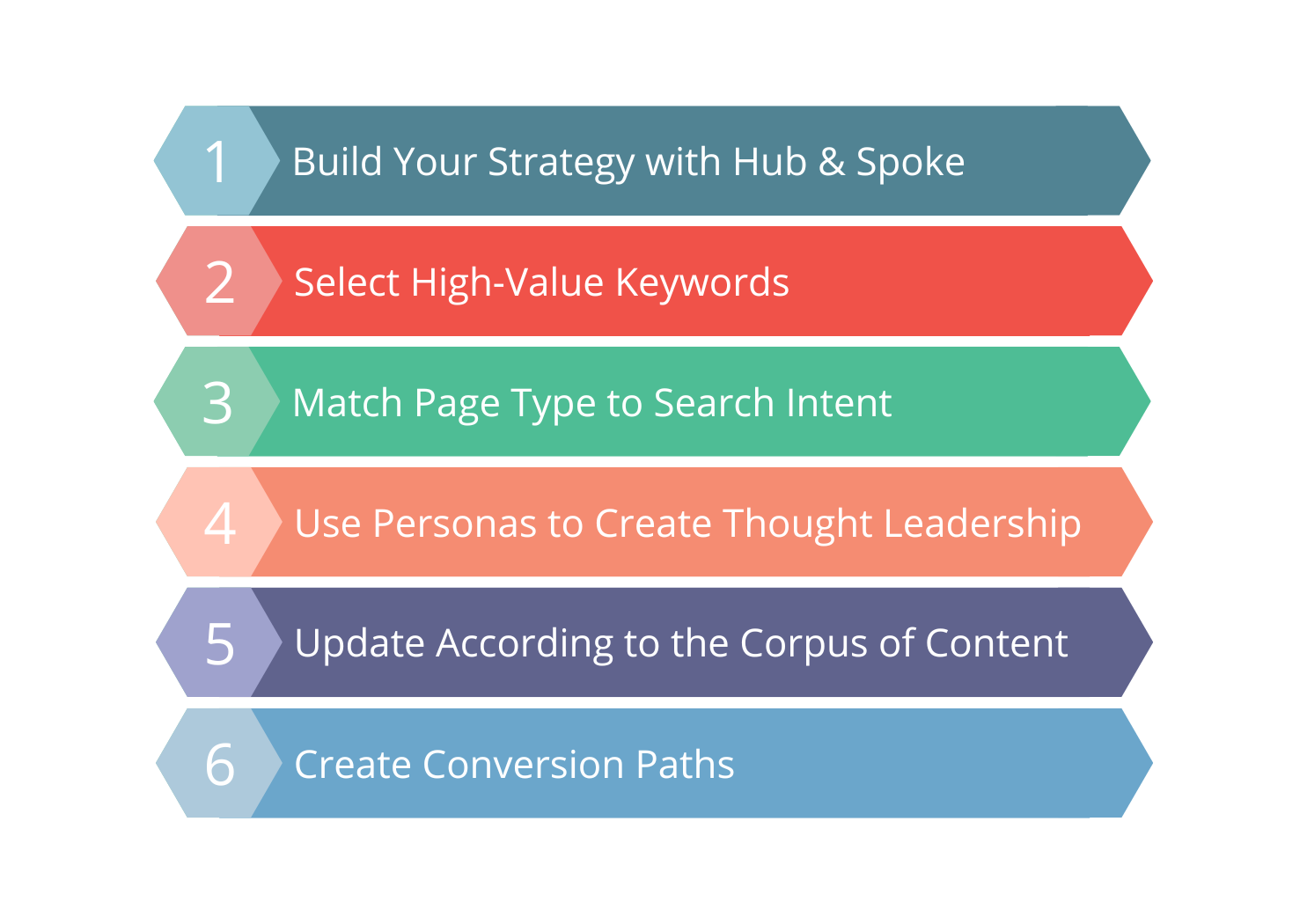SEO best practices for online course websites in 2025 focus on a combination of keyword research, on-page optimization, technical SEO, content strategy, and user experience enhancements to improve visibility, attract students, and increase enrollments.
Key practices include:
-
Keyword Research: Identify relevant keywords that prospective students use, including traditional, long-tail, question-based, and natural language queries to align with search intent and voice search trends. Use SEO tools to find optimal keywords for your niche.
-
Optimize Course Titles and Descriptions: Incorporate focus keywords naturally into course titles and meta descriptions. Titles should address user pain points and queries, while descriptions should clearly explain course benefits and solve user problems, enhancing click-through rates from search results.
-
Create High-Converting Landing Pages: Your course landing page should be transactional and promotional, featuring core keywords in titles and headings, detailed course content, pricing, instructor credentials, social proof (testimonials, reviews), and strong calls-to-action to encourage enrollment.
-
Supporting Content Strategy: Develop 2-5 related blog posts targeting secondary and long-tail keywords that provide valuable information and link back to the course landing page to boost its authority and ranking.
-
Technical SEO: Ensure your website is mobile-friendly with responsive design, fast-loading pages optimized for Core Web Vitals, secure with HTTPS, and has clean URL structures. Implement XML sitemaps and schema markup (course, FAQ, article schemas) to help search engines understand your content better. Accessibility compliance (WCAG 2.1) is also important.
-
On-Page SEO Elements: Use clear, hierarchical header tags (, , etc.) incorporating keywords to structure content for both users and search engines. Avoid keyword stuffing to maintain readability.
-
Regular Updates: Review and update course pages at least quarterly, especially when curriculum changes occur, to keep content accurate and relevant with fresh keywords.
-
Link Building: Build quality backlinks from reputable educational resources to establish authority and improve organic rankings.
-
User Experience: Prioritize fast page load times (to reduce bounce rates), intuitive navigation, and mobile-first design to enhance engagement and SEO performance.
Implementing these SEO best practices can lead to significant increases in organic traffic and course enrollments, with SEO-optimized pages being more likely to convert visitors into students over time.
This comprehensive approach ensures your online course website is discoverable, authoritative, and user-friendly, meeting both search engine requirements and learner expectations.





